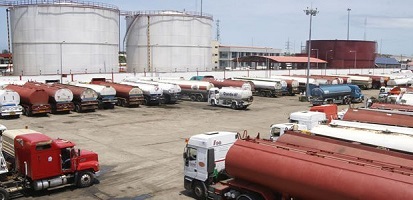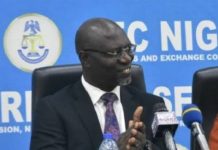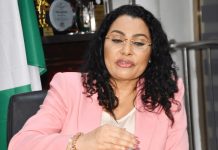The Lagos Chamber of Commerce and Industry (LCCI), has advised President Muhammadu Buhari to remove the petrol subsidy.
Speaking at the 60th-anniversary celebration of the Oil Producers Trade Section held in Lagos, where he was represented by Vice President, LCCI, Gabriel Idahosa, the President of the Chamber, Dr. Michael Olawale-Cole said petrol subsidy is no longer sustainable.
According to him, removing the petrol subsidy would develop the downstream sector.
“The Chamber, noting the critical position occupied by the oil and gas sector, has consistently advocated for the creation of a conducive business environment where the operators can thrive. The menace of oil theft, pipeline vandalism, low investment and insecurity have all contributed to the woes recorded in this all-important sector. We expect the government to do more in fixing these issues knowing the proportion of the revenue contributed by this sector.
“We have always recommended that the government must strive to implement the Petroleum Industry Act 2021, remove the unsustainable fuel subsidies, deregulate the downstream sector, and resolve peculiar issues affecting the operators in the sector. We look forward to a future where the NNPC Limited and other oil and gas assets are commercialised, run more efficiently, and Nigeria attracts all the investments required to boost oil production and refining capacity,” he said.
How much does the Nigerian government pay as petrol subsidy?
Between February 2021 and June 2022, Nigeria has paid no less than N2.802 trillion as petrol subsidy.
While the monies paid for the subsidy in the whole of 2021 was N1.43 trillion, between January and June of 2022, the country has almost equaled that amount, hitting N1.372 trillion in the first six months of this year.
Interpreting the data from the Nigerian National Petroleum Company (NNPCL), BizWatch Nigeria understands that the amount paid for petrol subsidy in the entire 12 months of 2021, has equaled the one paid in the first six months of 2022.













